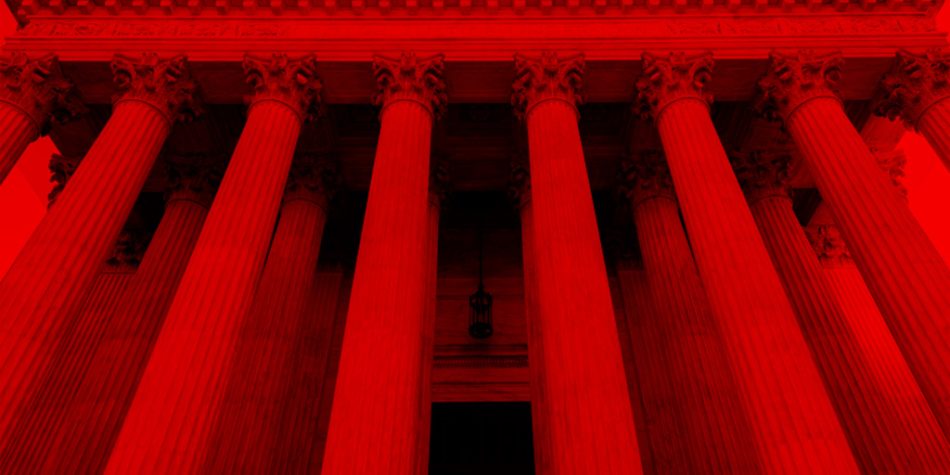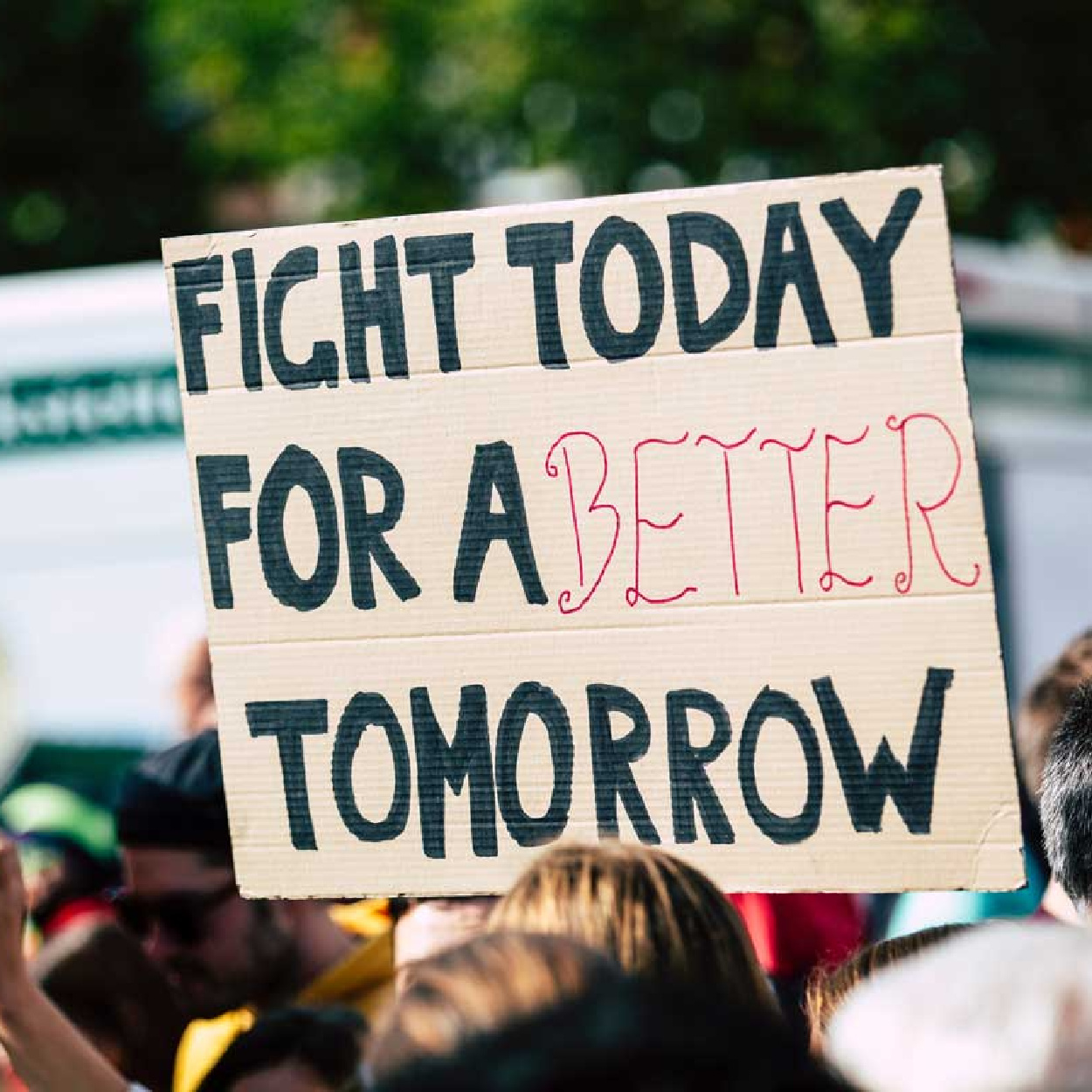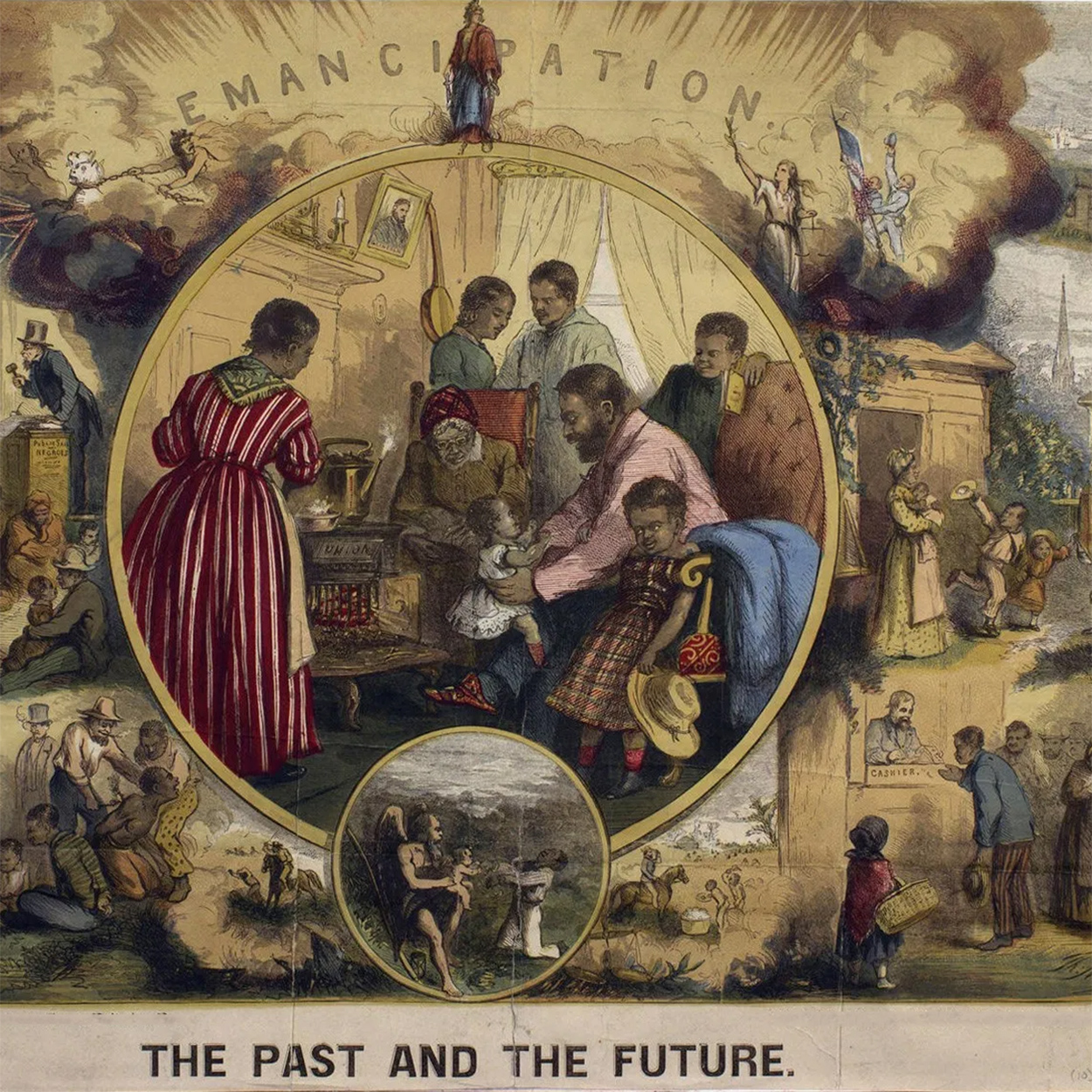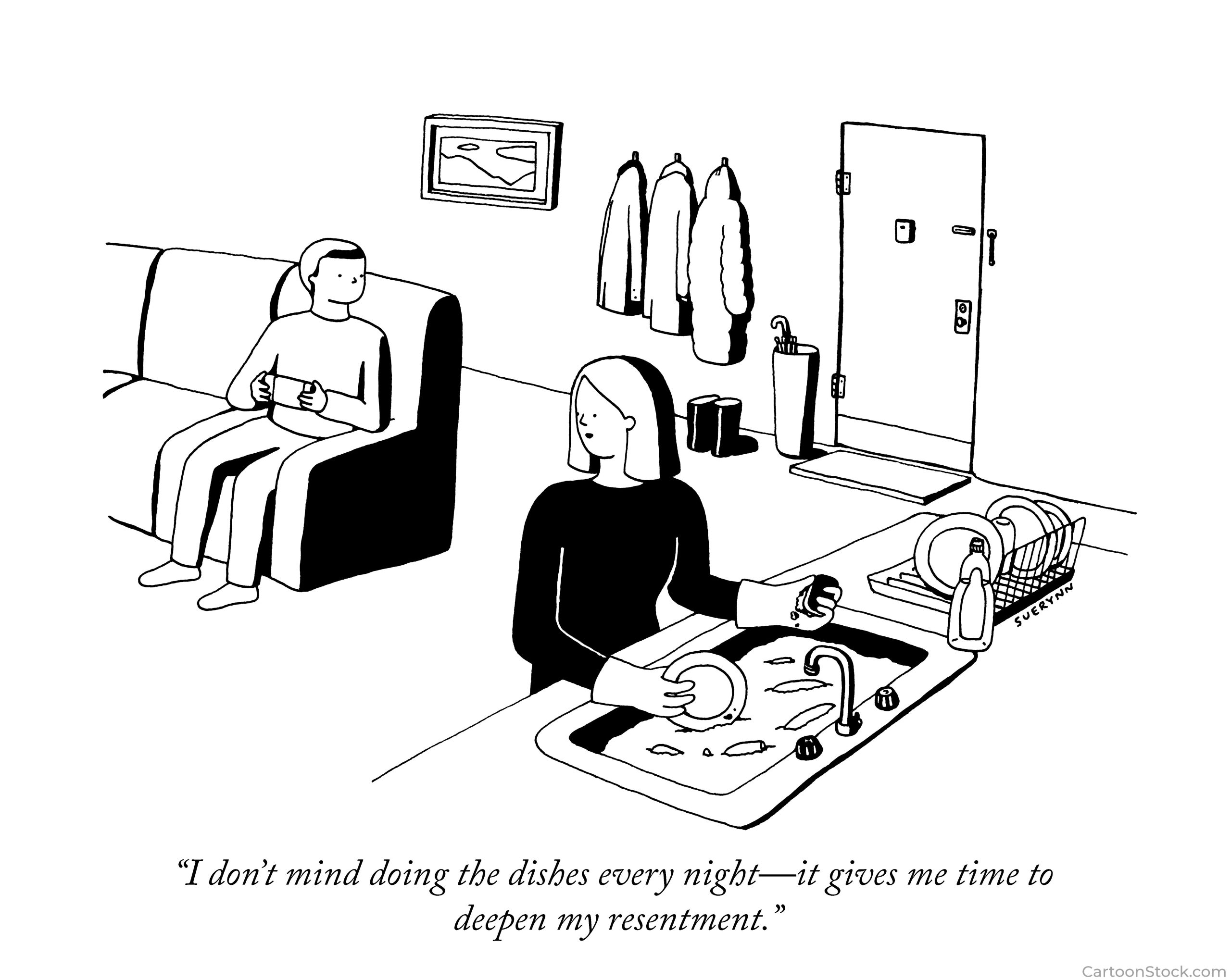In a recent letter published in Harper’s Magazine, a group of one hundred fifty-three signatories including Malcom Gladwell, J.K. Rowling, and Gloria Steinem argue against a problem of “intolerance of opposing views” which they argue has led to a “stifling atmosphere.”
Condemnation of the letter has been quick and widespread. And at the time of writing the first four articles on a Google search for the letter were arguments against its content.
The argument against the letter all revolves around the same idea: This issue doesn’t really exist.
CNN’s editorial against the letter suggests, “these signatories have chosen to shift attention to an imaginary correctness police.” While the Los Angeles Times’ editorial is even more direct: “My disdain [of this stifling atmosphere] comes from the belief that it doesn’t exist.”
And the Huffington Post goes so far as to describe the letter as a “scam.”
Each of these blow-back editorials, as well as many others, suggest that what these signatories have experienced is not problematic but merely their own points of view being challenged in an ongoing conversation of free speech.
In many respects, it’s easy to see where these critical commentators are coming from. The Supreme Court has upheld an expansive view of free speech rights, while social media has facilitated an explosion in published content of every kind.
And while there have in the recent past been prominent calls for legal restrictions on certain kinds of speech, this kind of a formal, policy-driven suppression of speech seems unlikely.
Instead, it’s the more informal, spontaneous restrictions on speech which are at the heart of this debate—i.e., what is popularly called “cancel culture.”
In a country famous for vigorous, impassioned debate, why all the angst about what seems to be more of the same?
Free speech is a unique right.
Ordinarily, when we refer to “rights” in American discourse, we are discussing rights that are owed to citizens. Jay Cost, a visiting fellow at the American Enterprise Institute, describes this concept as “liberal freedom.” Most of the rights we enjoy are “liberal freedoms” including the freedom of speech.
For liberal freedoms to operate, we only need to ensure the government doesn’t interfere with them. A government can’t favor one religion over another, for example, but our neighbors are free to.
Cost, compares this, however, to what he describes as “republican freedoms.” Republican freedoms are rights given to individuals that help the government run effectively.
Free speech is also one of these rights. For a democratic government to function well it has to know:
- What it’s citizens are thinking
- What the best ideas for improving are
Free speech facilitates both of those things.
So while as citizens we deserve the right to say what we want, our society also needs us to speak freely so that we have the best possible country.
An xkcd comic strip has become a popular internet canard. “The right to free speech means the government can’t arrest you for what you say,” but that everyone else can show you the door if they don’t care for what you say.
The comic is true as far as it goes, and is often deployed to justify cancel culture. But it’s argument is oversimplified. Legal methods are far from the only way to restrict speech.
Garry Kasparov, one of the signers of the Harper’s letter, ran a campaign to unseat Vladimir Putin as the president of Russia. In Russia to run for office, you must rent a hall that can hold five-hundred people. While Kasparov had the financial ability to do so, the owners of the halls were scared about what would happen if they rented to Kasparov and refused to give him a platform. He was forced to drop out.
So while no one should suggest that the United States is suffering from Russian-style illiberalism, Kasparov’s experience demonstrates that legal restrictions are far from the only way to problematically reduce speech.
More than just lively debate.
One of the most compelling counter-arguments raised against the Harper’s letter is that its signatories calling for free speech are, in fact, trying to limit it. This argument suggests that what is called “cancel culture” is merely an animated, passionate extension of speech – and that those bothered by it merely want to speak unchallenged.
To the extent that this is true, of course, the combative back and forth speech should be encouraged and protected. The trouble is that, all too often, cancel culture goes far beyond merely arguing back – and, indeed, taking concrete actions to chill speech.
Today the tools of choice are doxxing (or publishing someone’s personal information online) and firing. Firing in particular has been used to frighten people into not making controversial statements.
We can start with the August 2019 incident of Bret Stephens. Stephens, a conservative New York Times columnist, was called a “bedbug” by a George Washington University professor on Twitter.
Rather than letting the issue drop, Stephens reached out to the professor to complain about the insult, while CC’ing the professor’s provost.
In a column on the matter, Vox described Stephens going to “extreme lengths to make a stink.” The column goes on to describe Stephens’ later insistence that he wasn’t trying to get the professor fired as “implausibl[e].”
Ronald Sullivan, a faculty dean and professor Harvard Law School faced an immense backlash because he chose to defend Harvey Weinstein in his legal proceedings. And while those calls were unsuccessful at removing him as a professor, he did leave his position as dean.
Such calls to fire those who have spoken unpopular or problematic opinions are not merely coming from journalists and activists, but last month from as prominent an individual as the former Chair of the Federal Reserve.
Of course, unsuccessful attempts at having someone fired are hardly a crisis. Perhaps more concerning are the many firings that have actually taken place. The National Book Critics Circle President and four other board members were recently forced out. Their offense? While helping craft a statement in support of Black Lives Matter, these board members pushed back on sentences they thought went too far. That private conversation was made public and they were soon forced to resign.
James Bennet, the editorial page editor for the New York Times, was recently forced to resign after a boilerplate editorial from a Trump-supporting Senator was published. Other staffers at the paper were outraged, and he was soon forced out.
In 2018, in response to James Gunn’s public criticisms of Donald Trump, conservative activist Mike Cernovich, found extremely distasteful ten-year-old jokes from the popular film director. Gunn was fired (though later reinstated).
Kevin D. Williamson was fired as a writer for The Atlantic after it was discovered that he had indelicately described his pro-life position four years earlier.
And while these calls to “cancel” public figures worked to a degree, they often don’t—which has led some to insist fears are overblown. But as Ross Douthat recently pointed out, the point of threatening public figures “is ultimately to establish norms for the majority, not to bring the stars back down to earth. So a climate of cancellation can succeed in changing the way people talk and argue and behave even if it doesn’t succeed in destroying the careers of some of the famous people that it targets.”
What of the many who are scared to say nothing at all?
A utility worker, for example, made the okay symbol while on the job, and was photographed by a nearby protestor who posted the image on social media and demanded he be fired. The okay symbol is also used as a white-supremacist symbol. The activists got their way and the man was fired.
David Shor, a political data analyst, shared a research study about the effects of riots in 1968 on voter turnout. The study, which was conducted by a black man from Kenya working at Princeton, found that riots depressed Democratic turnout near where they occurred. The conclusion of this study was deemed too racist to share, and after a furor on Twitter with many people targeting Shor’s employer, he was let go.
The real consequences remain unheard.
Of course, these are only the examples from those who did speak out. What of the many who are scared to say nothing at all? This points to the larger problem of the many ideas and conversations we could be having but aren’t because those who would otherwise speak choose to remain silent rather than risk the kind of backlash these others have faced.
Noam Chomsky was recently asked about the reaction to the Harper’s letter he signed. He wrote, “You’re seeing half of it. The other half is a stream of letters from left academics and activists relating their experiences, but not wanting to be identified because of the toxic culture. The nature and scale of the reaction reinforce the message of the letter.”
As an editor, I can attest to the culture Chomsky refers to. I often communicate with potential authors about issues in the news. Not infrequently I will ask one with an interesting take on the issues to publish a piece, and they balk, explaining that they are worried about the repercussions sharing an even well-considered controversial opinion might have on their employment. Those who argue against the letter saying there is no issue, are either unaware of what is happening behind the closed doors of editorial newsrooms, or only focused on the celebrities who survive attempts to “cancel” them.
It would be a mistake to see this as a merely partisan issue. The President, in his most recent effort to diminish free speech, threatened to defund universities because he didn’t care for the speech they made. And perhaps the most famous example of cancel culture targeted Black Lives Matter activist Colin Kaepernick, who lost his job as an NFL Quarterback because his activism was too controversial.
To be clear, those who want to hold others accountable for troubling speech usually see themselves as motivated by an altruistic instinct. For instance, many believe that they can help preserve civil rights victories by ending the debate around the issue.
One thoughtful friend, in explaining his own support for speech restrictions, reflected on his visit to the ruins of Manzanar Japanese internment camp, where Japanese Americans were interned during WWII for no other reason then the nation of their descent. He felt horrified that our country had let its prejudice run rampant, leading to one of our nation’s worst atrocities.
But I prefer to look instead at the Japanese American Citizens League. Starting in 1970 the JACL began condemning the US government for the internment of US Citizens. The organization launched a campaign, petitioned lawmakers, wrote legislation, produced reports, and eventually changed the national dialogue in the United States to the point that redress was made in 1988. The marketplace of ideas had worked again. But if the prominent values of the time such as patriotism and unity were enforced in the same way today’s values are, the JACL activists could have reasonably been pressured into quietude, and this progress never would have occurred.
Today, in large part because of the JACL, internment camps of this type would be unthinkable. But that consensus is only meaningful and thus persistent as long as disagreement is possible.
But do you really believe what you’re saying?
If dissent is discouraged strongly enough then assent becomes meaningless.
If we can only hear half the debate, and we can’t believe the half we hear, the evolution of ideas stops.
As Václav Havel points out in his stirring beacon to freedom of expression, “The Power of the Powerless,” if a grocer in Soviet Russia were to put up a sign “Workers of the World Unite,” no one would know whether the grocer really meant it. Similarly, when professors are pressured to put an LGBT+ ally sticker on their office door, as has been reported at US universities, can we believe that the professor really means it? Or would we believe they are merely trying to avoid professional repercussions?
Because you can’t believe what someone is pressured into saying, limiting speech through this “cancel culture” has the effect of freezing the national dialogue. You may wish to stop debate over only what you think is important to preserve while allowing growth in the areas you want. But if we can only hear half the debate, and we can’t believe the half we hear, the evolution of ideas stops. “Restrictions on speech have proven at best ineffective, and at worst counter-productive, in the fight against bigotry,” the ACLU has argued.
Freezing the national dialogue can, once again, be tempting for those who want to preserve gains made towards important values, but it also necessarily prevents further progress. Imagine if we “ended the debate” by using threats on people’s livelihood to ensure that violations of the values of the day could not stand sixty years ago. Two-hundred years ago? Twenty years ago? What would today’s world look like? What advances not just in human rights, but also in art, technology, and science would not have been made? Would you be comfortable living in that world? Think of that uncle or pastor or professor that you think is irretrievably backward. Would you want them choosing what is and isn’t allowed in the marketplace of ideas?
Then why would you wish that on your grandchildren?
Many have dismissed the signatories of the Harper’s Letter because of their privilege. They have pointed out that J.K. Rowling and Malcom Gladwell are not going to lose their place in the culture by signing the letter. And that is certainly true. But that does not undermine the original concerns. They can speak; they have the power to use their voice, and that is precisely why it is important that they speak up for those who cannot—like Gillian Philip’s an author who was targeted online and fired because she merely agreed with Rowling.
The signatories of this letter are not naive, sensitive reactionaries. They include Noam Chomsky who was arrested multiple times for anti-war demonstrations; Kian Tajbakhsh who was arrested multiple times, jailed for years, and held in solitary confinement for four months for promoting western democracy; Kamal Daoud, a journalist who was threatened with death on national TV for his religious views.
And Salman Rushdie, who has been the victim of state censorship and a fatwa from the Ayatollah of Iran ordering him killed for his writing. Yet still, these signatories feel there is something about the attack on free speech in the United States today that demands our attention.
Demonstrated by a culture of attacking the livelihoods of individuals who make controversial or problematic statements, the writers of the Harper’s letter pushed for an important course correction. Rather than defensively dismissing their words as false, we need to look seriously at the problems they have identified and reflect on how we can keep the marketplace of ideas open and functioning – for the good of us all.

















